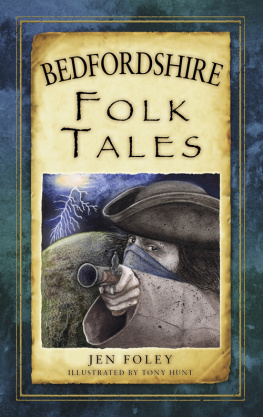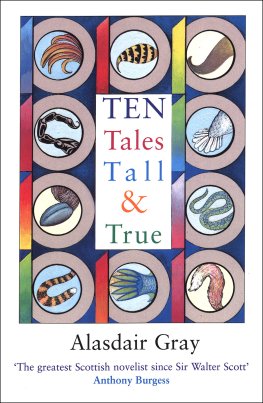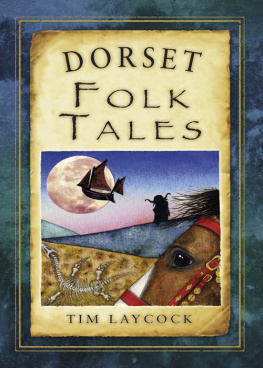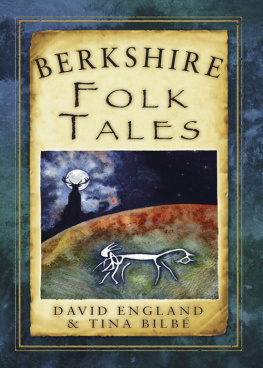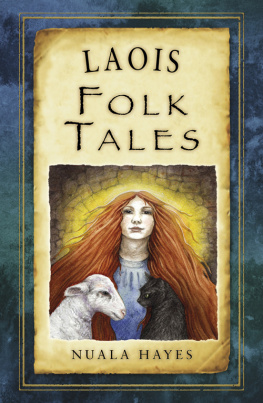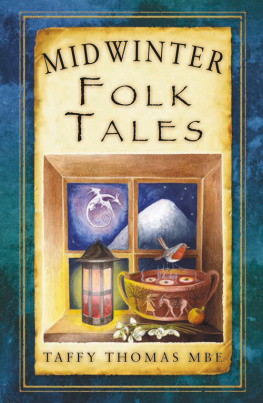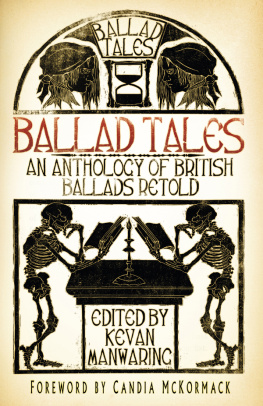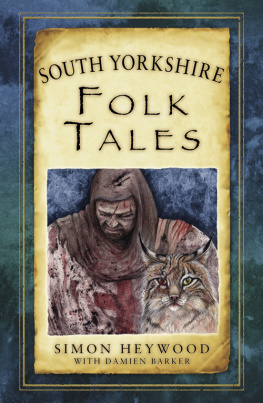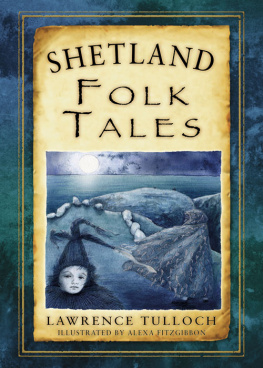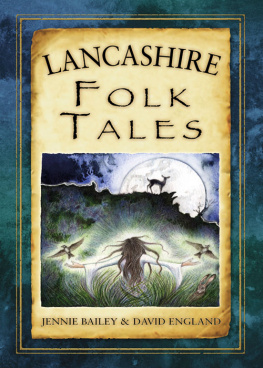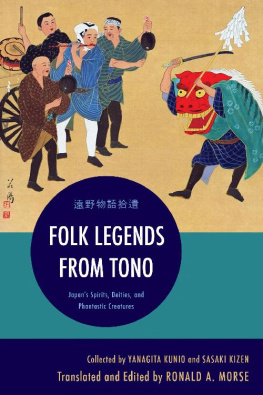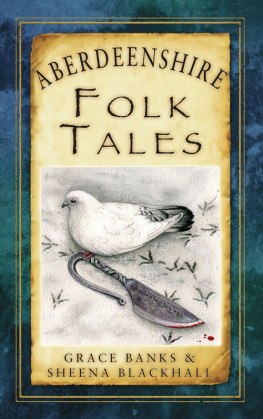
For my Uncle John,
one of the best and funniest storytellers
Ive ever known, and loving to the last.
Thank you to Liz Pieksma, Keeper of Archaeology and Lydia Saul, Keeper of Social History at The Higgins, Bedford, and to the staff at the Bedfordshire Archive for their patience and attention to detail. Also to Aragon Lace Makers for their skill and hospitality.
Thank you to Tony Hunt, my illustrator, for his skill, expertise and patience. His illustrations have brought the stories to life.
Finally I am grateful to Fibs and Fables storytelling group, who introduced me to the wonderful world of oral storytelling and to everyone who read my stories and kept me going whilst I put the stories down on paper.
C ONTENTS
These stories are those of ordinary people in extraordinary circumstances throughout the centuries. These are not just the stories of lords and ladies, but of invaders, travellers, yeomen, highwaymen and saints.
The county of Bedfordshire has been described as unassuming and modest but that is deceptive. The chalk downs, the clay vales, and the ridges provide a rich setting for Bedfordshires folklore past. Many of its treasures are found at the end of an obscure path or by opening a gate to enter seemingly unassuming church grounds.
Tales have been told to explain ghostly presences, the scenery, and the history of Bedfordshire. Whether it be snippets of talk in town or round-the-fire sessions at the farm, the people of Bedfordshire have always enjoyed a good yarn, embellishing and entertaining. The emerging folk tales reflect the ingenuity and the creativity of its people.
Jen Foley, 2015
1
T HE F LAMING G IBBET
OF G ALLEY H ILL
John rubbed his forehead anxiously, taking off his glasses and staring at the figures dancing in front of his dazed eyes. The door behind him was closed and beyond that he could hear the sound of his childrens muffled giggling as they slid down the banisters. He smiled to himself, thinking about the onrush of children since his marriage, which was why he was here, looking at figures written on crisp white paper. They were not giving a pretty picture. Maybe he should think about the proposition that had been made to him, but that was risky and illegal. With a sigh, he shut the book and closed the study door behind him, going to join the rest of his family. There was a squeal of delight from Jack and Maisie as he pretended to be shocked and chased them down the stairs.
John was a Luton merchant. When he had fallen in love, he had fallen quick and fast, and promised himself that he would let his wife have whatever she wanted. Adjusting his cuffs, he strode towards his warehouse, but he couldnt stop mulling over the effect that the other merchants wives were having on his debts. His wife expected him to buy whatever they had and he had done nothing to stop that expectation. While she was happy, deliriously so, he knew that they faced bankruptcy and that all their fine things their private possessions, their beds and their clothes would then be sold publicly in the market place. Their lives on show.
When he reached his warehouse he pulled open the gates to the tang of street smells masked by the fresh scent of straw. He barely registered the smells, however, he was so deeply lost in thought. Talking with his foreman later in the morning, an idea started to crystallise. He was used to organising the arrival and despatch of goods but, because of taxes, the profit was thin. Why not put his experience to good use? The problem with that had always been storage. His wife might not be worldly but even she would start to ask questions if their cellar was full of barrels of whiskey and boxes of tea. A constant chameleon, she described herself as a realist, a pragmatist, hard-headed or sensitive, it really depended on the company she was with at the time. Yet he nevertheless felt a tug of protectiveness. He would shield her from the threat of bankruptcy. With a bit of subterfuge and smart-talking, he had found the perfect way of keeping smuggled goods. It was so deliciously ironic; he would fool Lutons townspeople with their own superstition. He hadnt been to church for years but he thought of praying now and thanking God. But then he didnt know what was to come.
In September, the talk began. For years there had been stories of a duke who had failed to support his ally in the Cousins War and paid for it with his life in the grounds of Someries Castle. Now there were signs that his ghost had been reawakened. There were rumours aplenty of sightings of dragons, dead animals found in the grounds of the castle and strange noises in the middle of the night. Soon local people started to avoid the area, especially at night.
It was one of Johns great joys in life to ask locals about the strange drumming heard from Someries, knowing that his men would simultaneously be moving barrels of whiskey from wagons and drumming in the ruins to keep away locals. The castle was abandoned a couple of decades ago and partially demolished. The crumbling pockmarked walls offered little protection against the elements but some rooms remained complete. Together with the warren of underground tunnels and basements, John had plenty of space to store the whiskey, tea and silk that the townspeople of Luton craved. There were even arrow-slits, originally built for dramatic effect, which his men used to survey the surroundings.
Over the next couple of months, magistrates started to notice that tea and silk had become much more available in the town. In one part of town, a rather bulky woman knocked politely on the door of the local drapers. With the minimum of noise, the drapers wife let her in. Both women proceeded upstairs to a storeroom where the bulky woman took off her outer dress and then lifted up her arms. This was the signal for the shopkeeper to grasp the end of the length of material that had been coiled around the other woman. As she spun, the shopkeeper released the silk and scooped it up into the air. Like butterflies suddenly taking flight, the air was now ablaze with colour and movement, and both women were quite giddy with the sight of all this luxury floating around them. In another part of town, a lady in wide skirts visited the grocer. She was ushered into one of the back rooms and quickly took off her skirt, revealing petticoats with pockets sewn into them. Quickly the pair moved the tea from the pockets into one of the wooden drawers. As the lady left the grocers wife rubbed her hands together with glee. The ladies in elegant drawing rooms, sipping tea from fragile bone-china cups, would pay a pretty price for this tea.

Thus began the halcyon days, when the living was easy. No one was hurt, the shopkeepers had whiskey, tea, silk and tobacco at a reasonable price and everyone in the smuggling chain benefited. Johns family got whatever they hinted they wanted and his wife never needed to worry about keeping up with her set of friends. The method of distribution seemed unassailable because of its inventiveness. The customs men were just as superstitious as the townspeople and so would never explore the castle, and they were looking for barrels and boxes in the distribution rather than women. Everything was going well until a new man joined them.
The slight man seemed harmless at first. He looked as if he would collapse at the slightest weight, and indeed he was never given the job of carrying a barrel on his back, but he was quick. His feet were quick and his mind was quick as well. John would reel off instructions with barely a pause and the man would be able to repeat them back to another word for word. John found himself able to enjoy life more, as the new man gradually oiled the wheels of the operation. He had more time to unwind with his family because of the mans sheer efficiency. The man gained the nickname Numbers because of his ease with figures. Soon he was at the heart of the operation, so John was surprised when he received an anonymous note saying that Numbers was a customs man.
Next page
